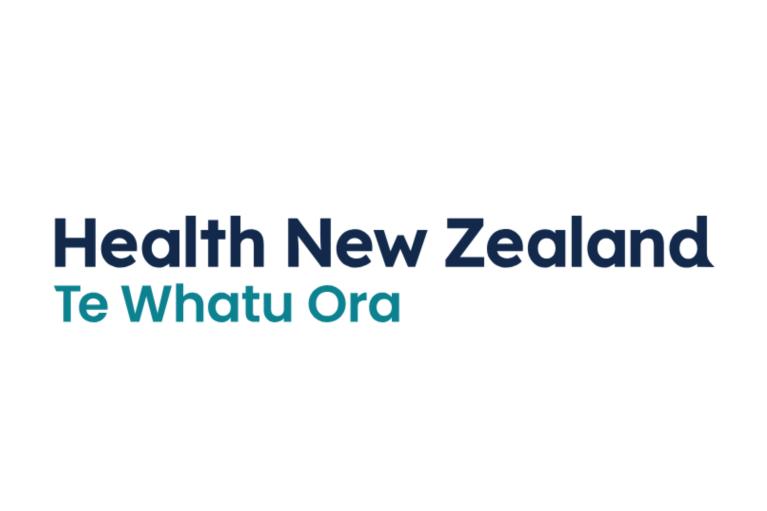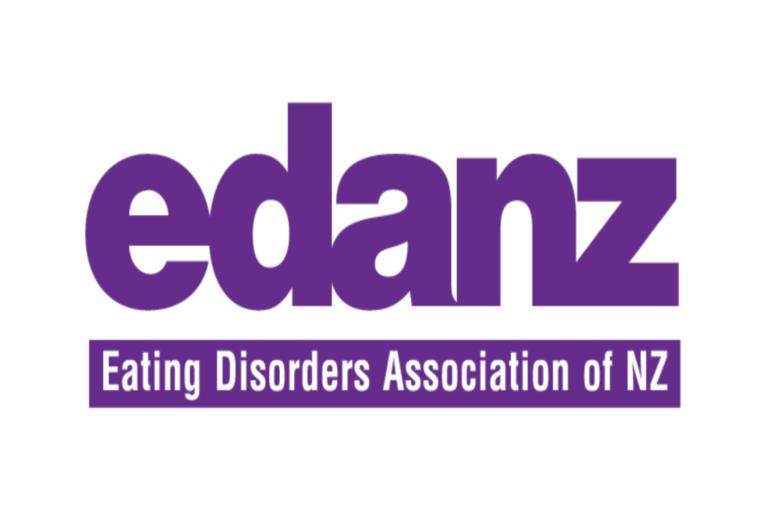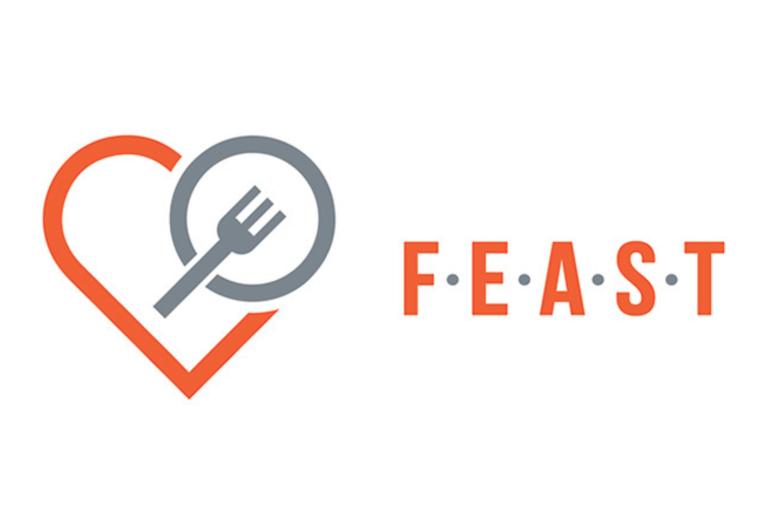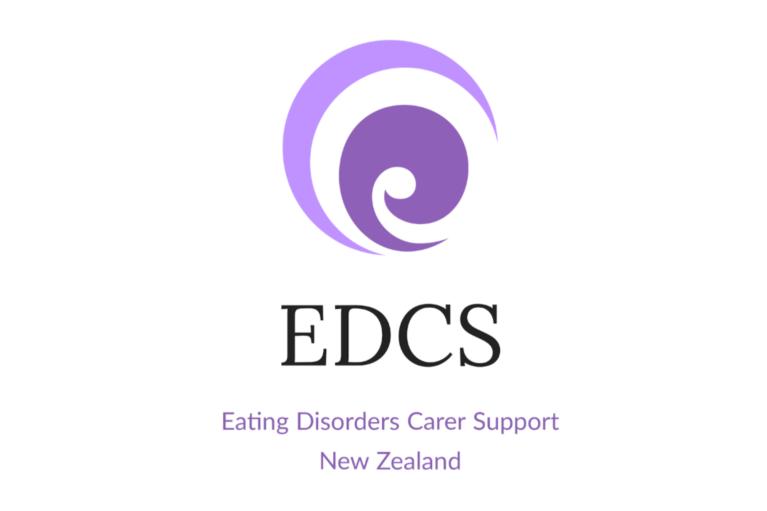Key points about getting help for a young person with an eating disorder
- if you're concerned your young person may have an eating disorder, visit a health professional straight away
- ask your health professional for a referral to an eating disorder specialist service
- family and whānau involvement is important in helping your young person get better
- there is support available for parents, carers and whānau
Get help for your child straight away
Concerned your child might have an eating disorder?
Eating Disorders - Concerns About Your Young Person’s Eating
If you think your young person has an eating disorder, visit a health professional straight away. Ask for a referral to an eating disorder specialist service.
Getting help early is the best way to get your young person better quicker. It is never too early to be concerned.
What to do in an emergency
If your child or young person is experiencing a mental health emergency, make an urgent same-day appointment with your health professional or contact your local crisis team.

See the Health New Zealand website for contact details for your local mental health crisis assessment team.
Treatments and services
Your health professional will refer your child to a service that can provide tailored treatment. Treatment is provided by health professionals and specialists and can be public or private.
If your young person is unwell, they may need to stay in the hospital as an inpatient until they are stable. But most treatment for eating disorders is outpatient treatment. This may involve a visit to the clinic or hospital once or twice a week for around an hour each visit. Most rangatahi with eating disorders will need psychological and medical treatment.
Psychological treatment
Family based treatment
Family based treatment (FBT) can help a young person with anorexia nervosa. In FBT, whānau work together to make sure their young person is eating well. The aim is that the young person will regain their health and return to a healthy weight.
With FBT, family and whānau are supported by a trained therapist and specialist team. Your young person will also be seen by doctors and nurses to make sure the treatment is working. FBT is usually an outpatient treatment.
Cognitive behavioural therapy
Some people with bulimia nervosa have success with cognitive behavioural therapy (CBT), a psychological treatment. CBT involves the young person identifying and challenging their thoughts about food and body image, related to their condition. They use strategies to change their bingeing and purging behaviour. They will learn these skills with their therapist.
Medical treatment
When rangatahi don’t eat enough food, they can end up with medical problems. These can include problems with their heart rate, blood pressure, bone density, puberty and growth. Anyone with an eating disorder will need to have regular appointments with a health professional to monitor their physical health.
If a child with an eating disorder is unwell, they will need to stay in hospital. Health professionals will monitor them until they are safe and well enough to go home.
A video for parents on how they can help their child eat with trust, not logic.
Source: Eva Mushby

Find out more about eating disorder services in Aotearoa New Zealand on the Eating Disorders Association of New Zealand (EDANZ) website.
How you can help your child
Parents and whānau can really help their young person get better when they are actively involved in their care.
There are many things a parent can do to help, including being involved in family-based treatment.
Some things whānau can do include:
- taking your child or young person to see your health professional and asking for a referral to a specialist service
- providing a safe environment for your young person to recover at home
- providing your young person with 3 meals and 3 snacks a day
- sitting down with them each day to eat their meals and snacks
- insisting they get the treatment they need
- being actively involved in making sure they are getting better

Watch this video about a family's journey with an eating disorder, including what they learnt and how their daughter recovered.
Source: Drive Series - Eating Disorders from Dion Howard on Vimeo.
Support for parents

The Eating Disorders Association of New Zealand (EDANZ) is a non-profit organisation dedicated to supporting people caring for a person with an eating disorder. EDANZ holds monthly virtual carer support group meetings for parents, partners or carers of loved ones with eating disorders.

F.E.A.S.T stands for Families Empowered And Supporting Treatment for Eating Disorders.
F.E.A.S.T 30 Days is a free programme designed to educate and empower parents and caregivers of people with eating disorders. Participants receive one lesson a day for 30 days. Each lesson is focused on a different topic related to eating disorders and caregiving.

F.E.A.S.T also has a range of small booklets in its F.E.A.S.T Family Guide Series. The booklets are for whānau who are facing an eating disorder diagnosis in the household. Booklets are available in English, Chinese, German and Spanish.

Eating Disorders Carer Support is a non-profit charitable trust in Aotearoa New Zealand. They support carers of people with eating disorders or disordered eating. EDCS provides lived experience peer support, educational materials, community awareness and advocacy at all levels.
